
Obsessive-compulsive disorder (OCD) is a serious disorder and tends to be chronic. This makes it particularly important to educate patients and their families about the disorder and about what they can do on their own to help themselves.
Books are one great option, but there are so many! Which books should clinicians recommend? We have carefully curated a short list of the very BEST self-help books for recommending to persons suffering from obsessive-compulsive disorder (OCD) and their families. Clinicians should consider recommending one or more of these books to their patients.
Why have we recommended multiple books instead of only one or two? Because the recommendations below are for different purposes. The best books below were selected for and are listed below under the following categories:
1. For OCD in adults
2. For OCD in children and adolescents
3. For Perfectionism
4. For Hoarding
What do you think about our idea of recommending these selected self-help books for OCD to patients and their families? Please do share your thoughts under “Leave a Reply” at the bottom of this page. Thanks in advance for your input!
Also, we recommend that you save the link to this page so that you can recommend these books to your patients as needed.
For OCD in adults
By Elna Yadin, Edna B. Foa, and Tracey K. Lichner
For Simple and Practical Mental Health‘s interview with Dr. Elna Yadin, co-author of this book, please click on the following link. The interview is available at no cost to everyone, whether or not they are subscribers to our website.
OCD: Interview with Elna Yadin, PhD
By Jonathan S. Abramowitz, PhD
Note: This book was recommended to us by Elna Yadin, PhD.
By Bruce M. Hyman, PhD, LCSW, and Troy Dufrene
Note: This book was recommended to us by Elna Yadin, PhD.
By Stanley Rachman and Padmal de Silva
Recommended by the American Psychiatric Association’s Practice Guideline Watch (2013)
By Jeffrey M. Schwartz, MD, and Beverly Beyette
By David Veale, Rob Willson, and Alex Clarke
By Jeff Bell and Michael Jenike, MD
Recommended by the American Psychiatric Association’s Practice Guideline Watch (2013)
For OCD in children and adolescents
By John S. March, MD and Christine M. Benton
By Timothy A. Sisemore, PhD
Recommended by Ruth Rosenberg, MD
For Perfectionism
By Martin M. Antony, PhD, and Richard P. Swinson MD
Recommended by Elna Yadin, PhD, and by the American Psychiatric Association’s Practice Guideline Watch (2013)
For Hoarding
By David Tolin, Randy Frost and Gail Steketee
Recommended by Elna Yadin, PhD, and by the American Psychiatric Association’s Practice Guideline Watch (2013)
By Randy Frost and Gail Steketee
Recommended by the American Psychiatric Association’s Practice Guideline Watch (2013)
Disclosure: The links on this page are Amazon affiliate links that support us at no additional cost to the purchaser.
Related Pages
What are the BEST books on each topic related to psychiatry/ mental health?
OCD—General Articles
Rumination is a common and important (but neglected) symptom
OCD: Prognosis
Comorbid obsessive-compulsive disorder (OCD) in bipolar disorders
OCD: Interview with Katharine Phillips, MD
OCD: Interview with Elna Yadin, PhD
Practice guidelines for obsessive-compulsive disorders (OCD)
OCD—Rating Scales
Self-rating scales for OCD: Why? How? Which ones?
The Obsessive-Compulsive Inventory-Revised (OCI-R)
OCD—Management—SSRIs
Which SSRIs for OCD?
Is fluvoxamine more effective for OCD than other SSRIs?
Higher than usual doses of SSRIs for OCD?
SSRIs for obsessive-compulsive disorder (OCD): How high can we go?
OCD—Management—Antipsychotic augmentation
Antipsychotic “augmentation” for OCD
OCD—Management—Clomipramine and other TCAs
Clomipramine versus SSRIs for OCD
Add clomipramine to an SSRI for OCD?
Concerns about combining clomipramine and SSRIs
How exactly to add clomipramine to an SSRI
When and how to check the clomipramine level
How to interpret clomipramine and desmethylclomipramine levels
TCAs other than clomipramine for OCD?
OCD—Management—Other Medications
OCD: Second-line medications
N-acetylcysteine (NAC) for obsessive-compulsive disorder (OCD)?
How should obsessive-compulsive disorder (OCD) comorbid with bipolar disorder be treated?
OCD—Management—OCD with bipolar disorders
Comorbid obsessive-compulsive disorder (OCD) in bipolar disorders
How should obsessive-compulsive disorder (OCD) comorbid with bipolar disorder be treated?
OCD—Resources
BEST books about OCD for patients and families
References
American Psychiatric Association. Practice guideline for the treatment of patients with obsessive-compulsive disorder. Arlington, VA: American Psychiatric Association, 2007. Available online at http://psychiatryonline.org/pb/assets/raw/sitewide/practice_guidelines/guidelines/ocd.pdf. Guideline Watch (2013) available at http://psychiatryonline.org/pb/assets/raw/sitewide/practice_guidelines/guidelines/ocd-watch.pdf
Copyright © 2018 to 2026, Simple and Practical Medical Education, LLC. All rights reserved. The content on this website may not be reproduced in any form without express written permission.
Disclaimer: The material on this website is provided as general education for medical professionals. It is not intended for patients or other laypersons, nor is it a substitute for medical advice, diagnosis, or treatment. Patients must always consult a qualified healthcare professional regarding their diagnosis and treatment. Healthcare professionals should always check this website for the most up-to-date information.
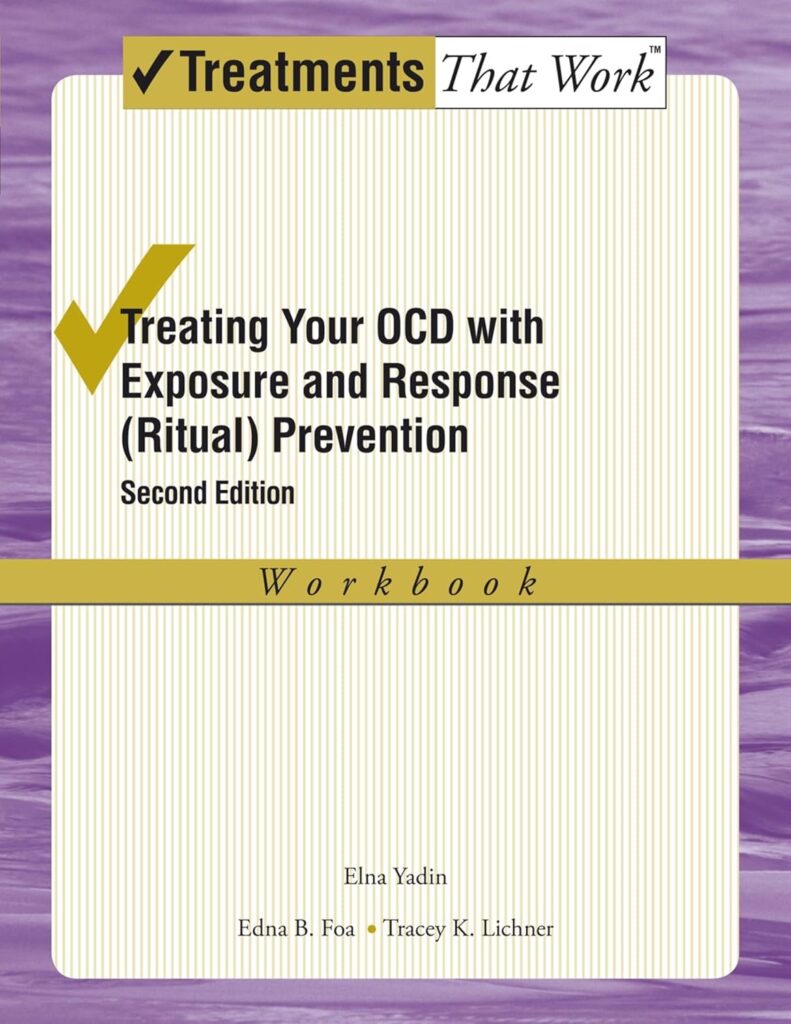
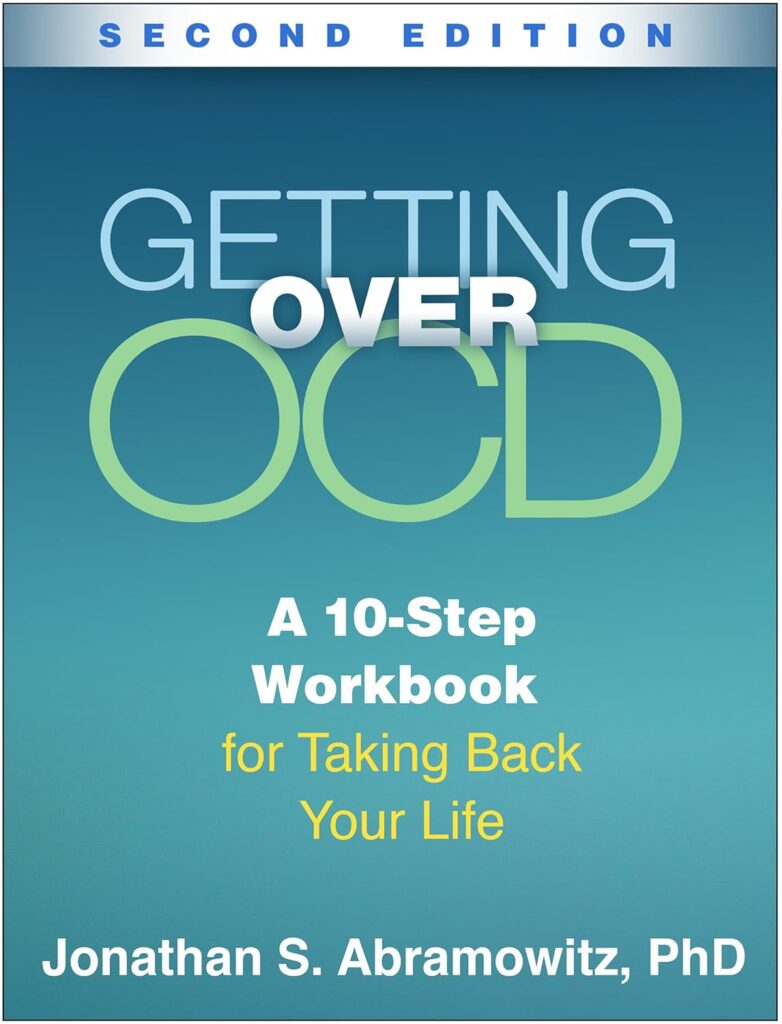
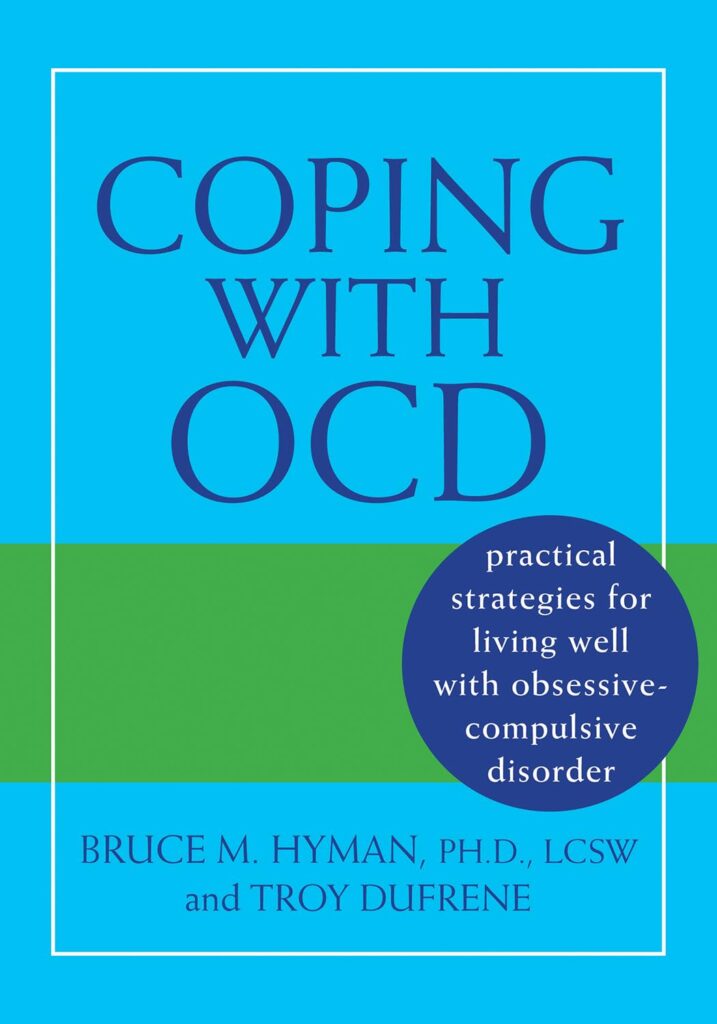
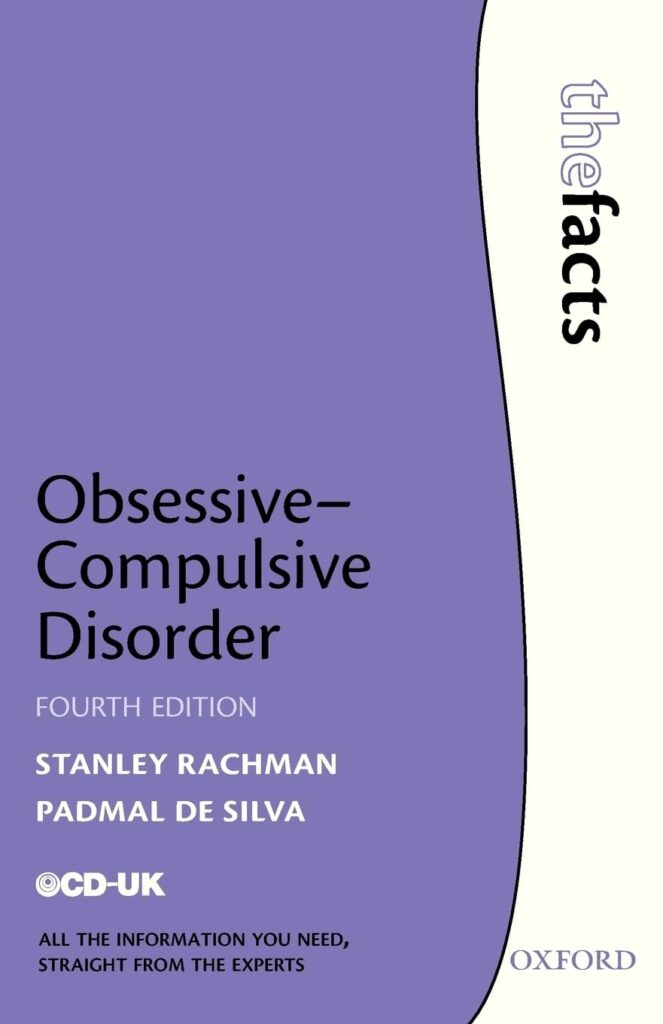


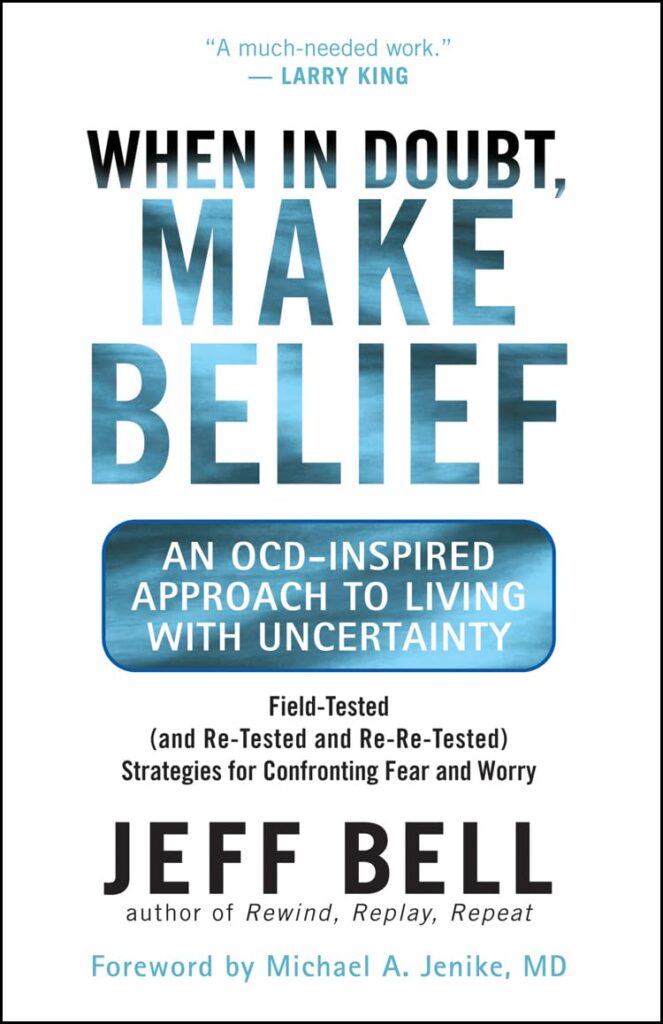
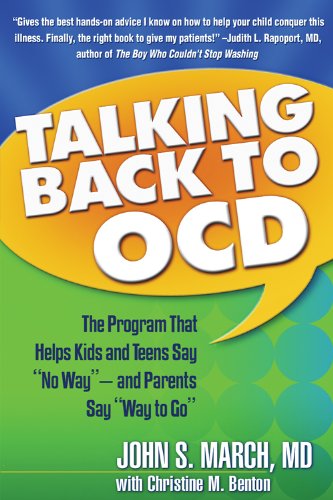
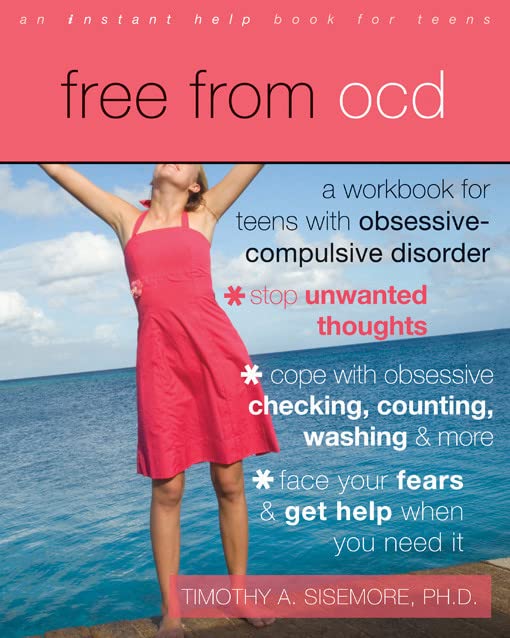
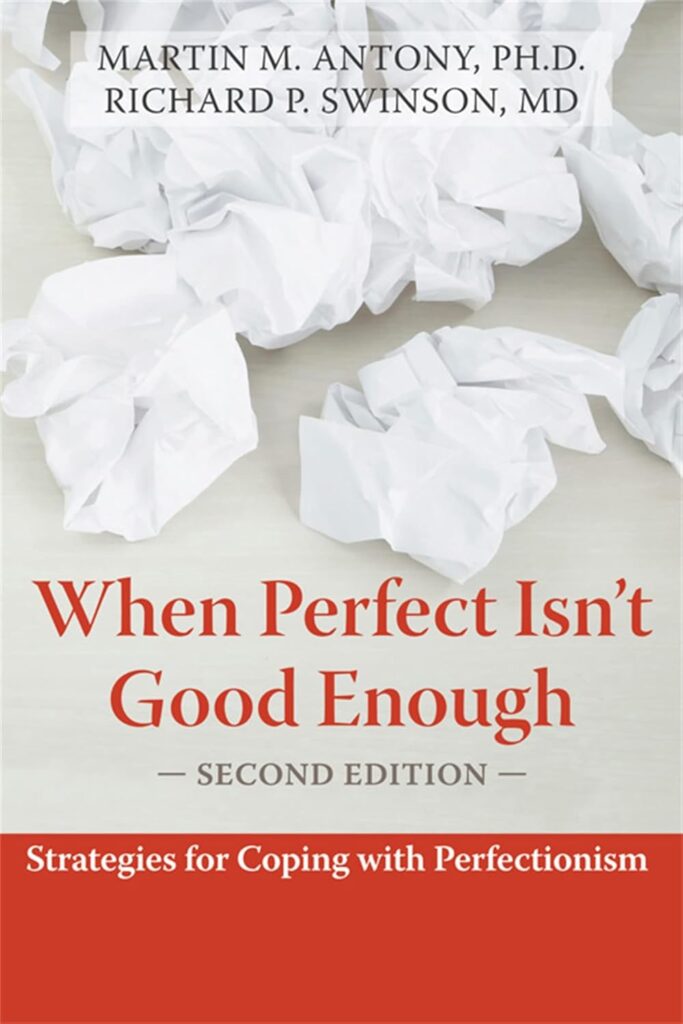
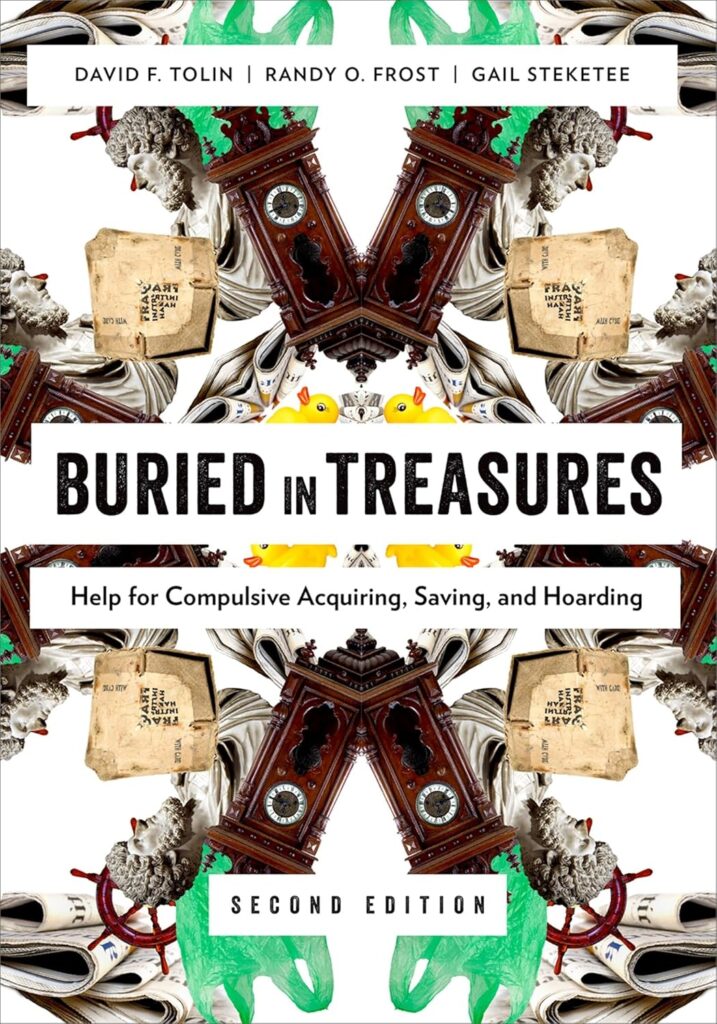
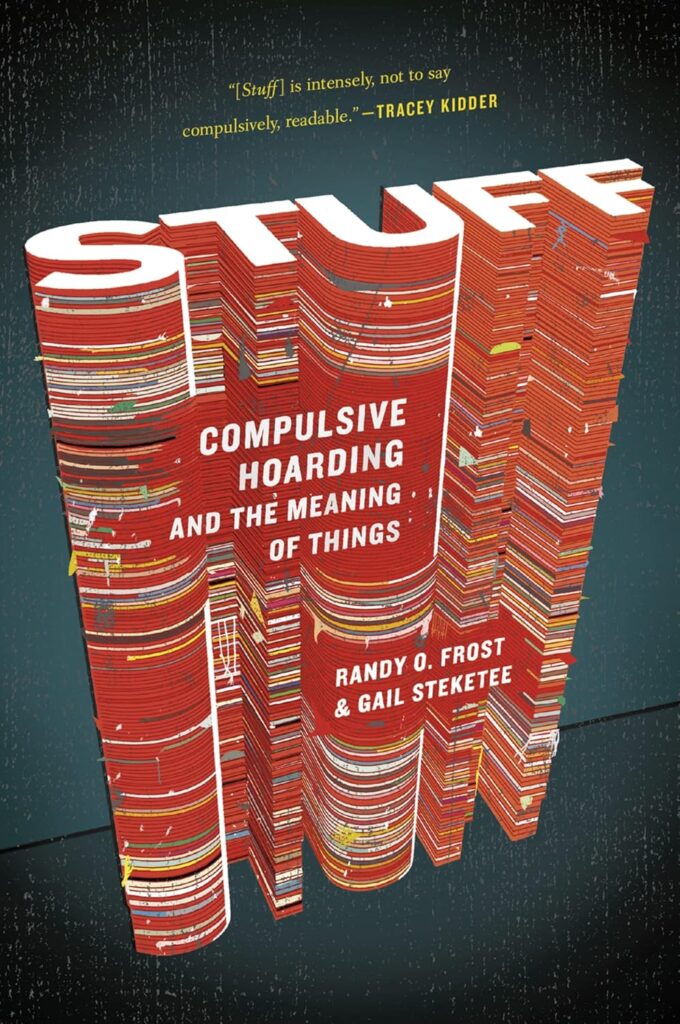
Leave a Reply